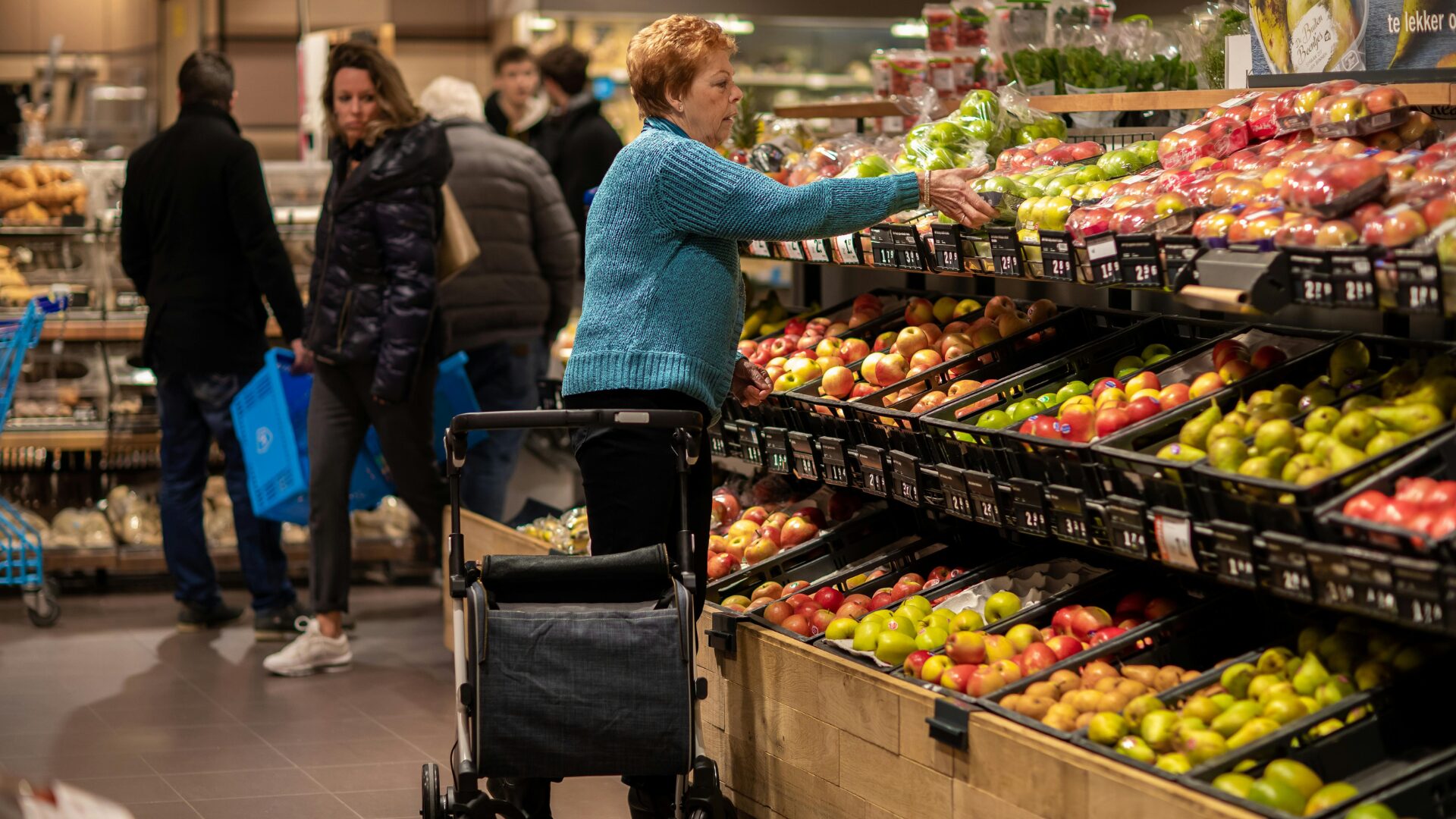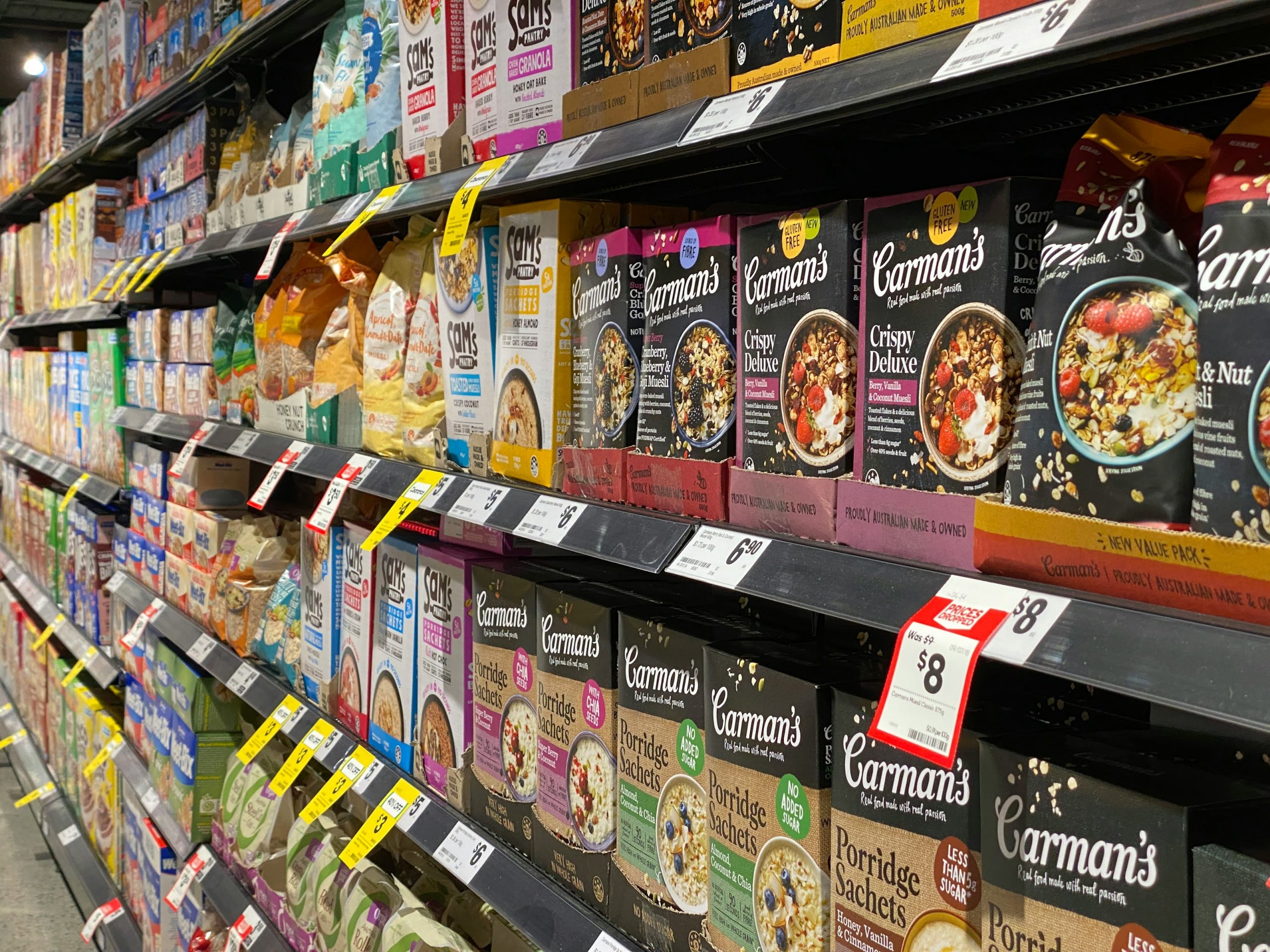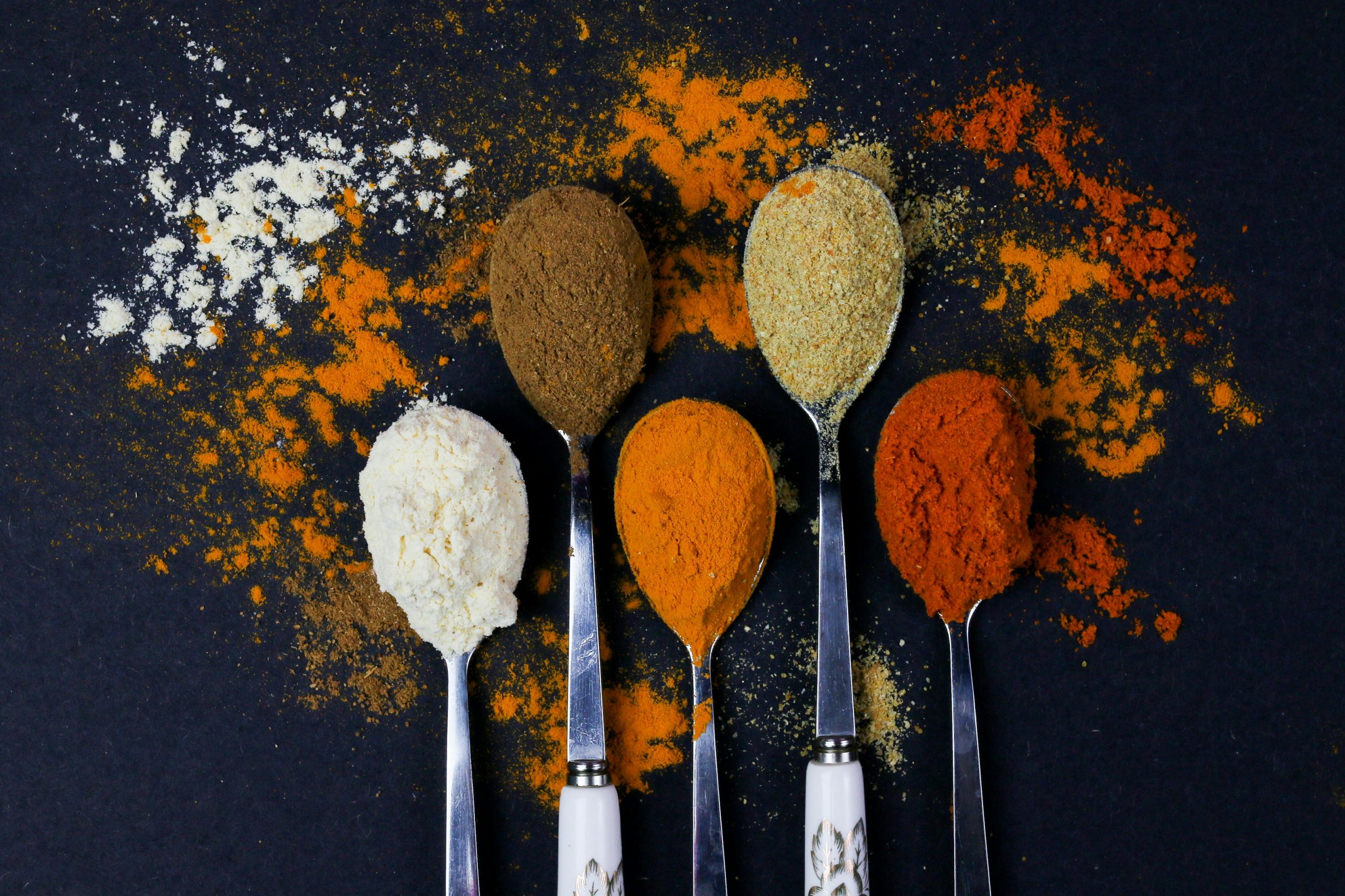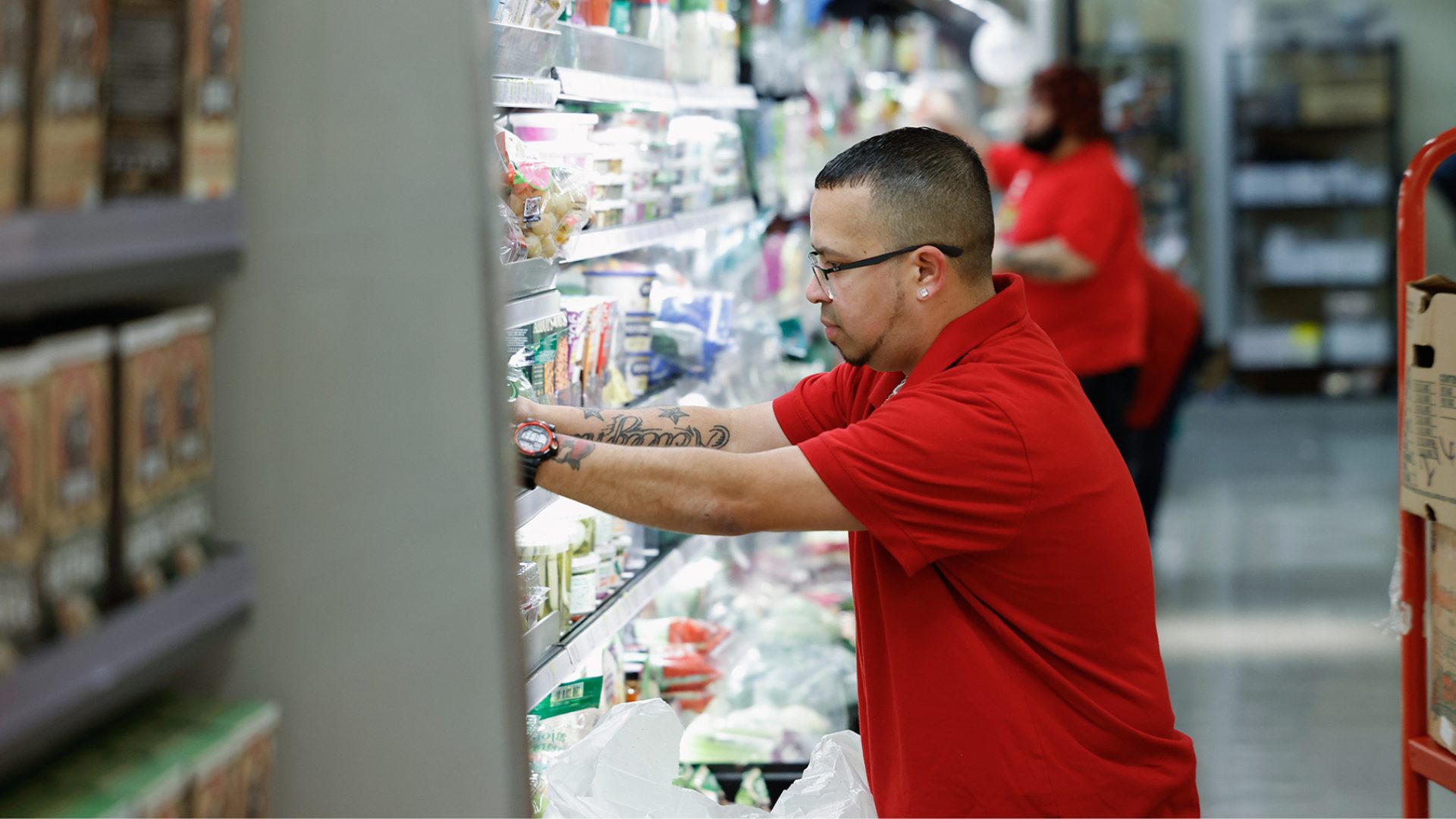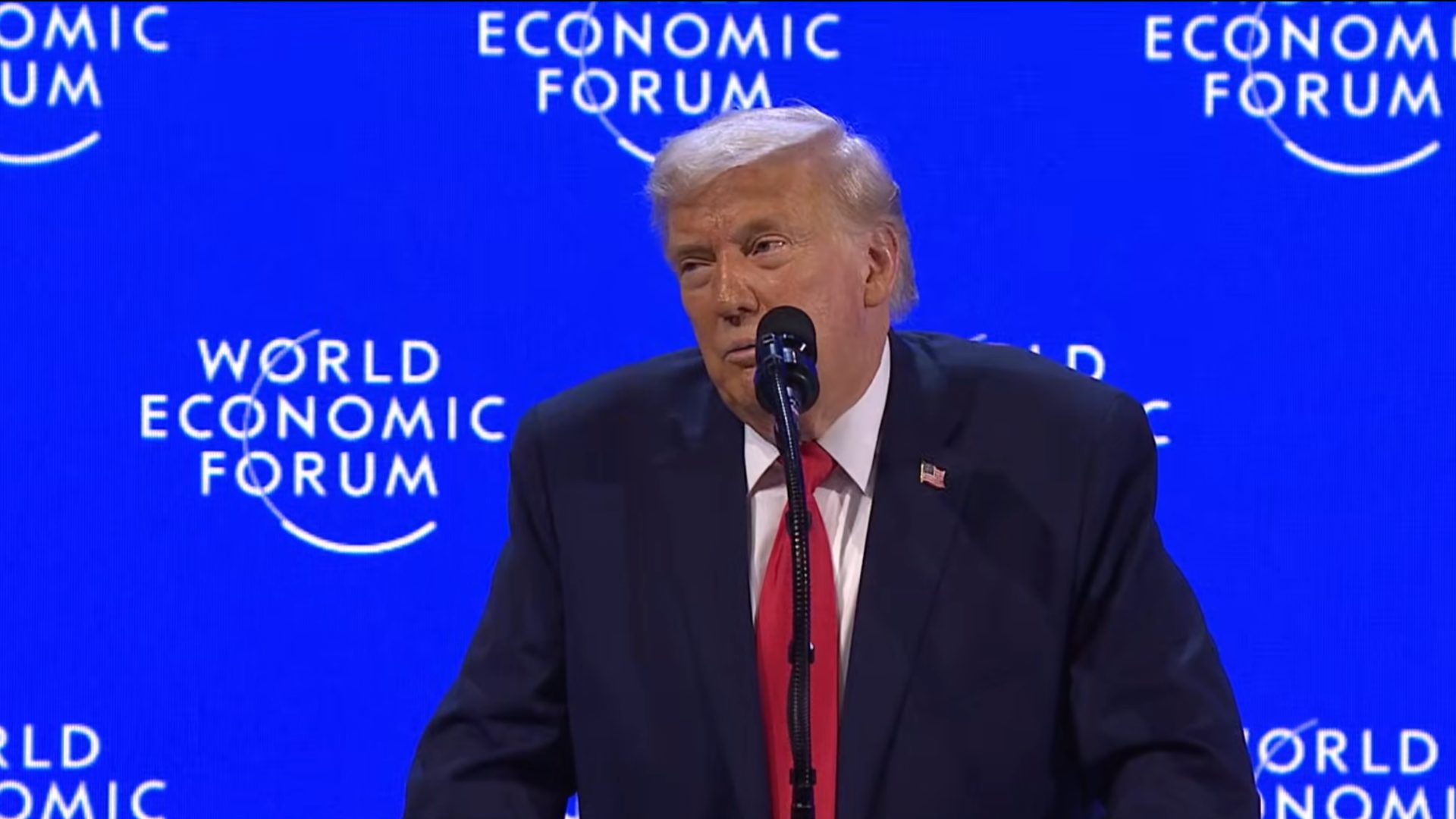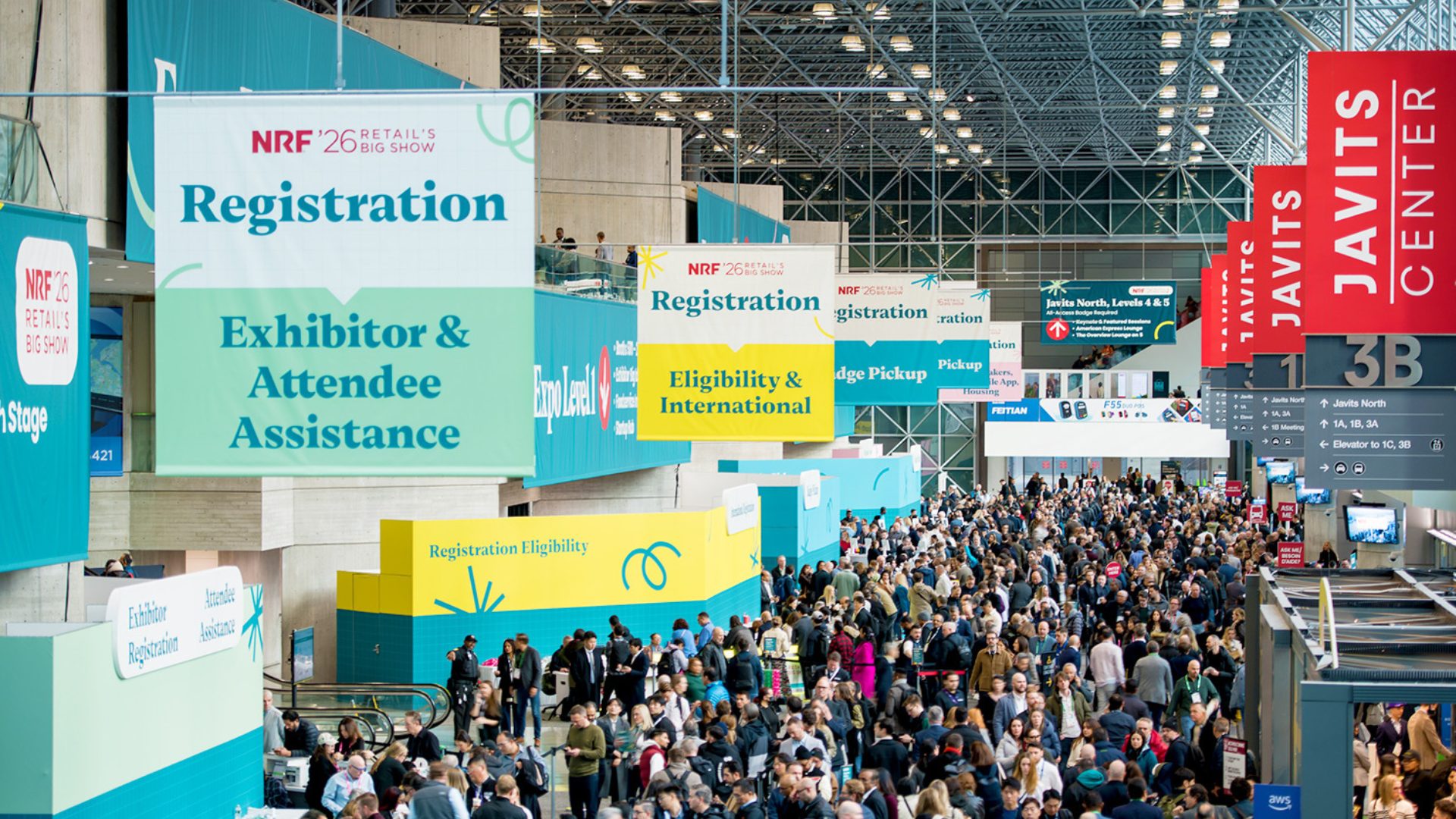Some global retailers, apparently trying to keep prices down in the U.S. in the wake of President Trump’s tariffs, reportedly are planning to spread the pain globally.
Reuters reported that retailers are considering the strategy for non-U.S. markets, a move that has central bankers worried about disruptions around the globe just as inflation was easing.
“In theory I get why [spreading price hikes to various countries] sounds like a good idea; in practice, I believe it’s a fast-track route to losing credibility and trust with consumers,” Kathryn Read of Kathryn Read Consulting, told The Food Institute.
“Global retailers need to be extremely careful to really judge their pricing policies in each individual market on its own merits.”
Meanwhile, Circana noted that retailers and suppliers alike are watching margins closely as they brace for potential tariff impacts. The key to outperforming competitors, according to Circana, will be flexibility.
The latest iteration of President Trump’s tariff policy is a base duty of 10% on all goods being imported into the U.S. plus reciprocal tariffs against certain products from certain countries, and 30% on Chinese goods, down from 145%.
Walmart already has warned it plans to hike its prices, and other retailers and manufacturers have complained about supply chain disruptions caused by uncertainty.
Target is responding to the tariff situation a bit differently. While Walmart plans to pass the extra costs to consumers, Target is hesitant to do so and is working with vendors to source domestic goods wherever possible, Reuters reported.
Jean-Pierre Dubé, professor of marketing at the University of Chicago, told Reuters that raising prices globally can act as “kind of a shield” that would avoid accusations from the White House that companies are blaming everything on the U.S. tariffs.
Read noted there are growing movements in many countries against U.S. products and brands.
“Retailers need to tread extremely carefully if they adopt such a ‘spreading the cost’ policy so as not to do more damage than they remedy,” Read said.
“It will be very difficult for a firm’s customers to know what portion of the product’s total costs are subject to the tariff, or even the tariff rate that applies. This information asymmetry creates a ripe environment for exploitation. Just as it did during COVID,” Hal Singer, professor of economics at the University of Utah, told Reuters.
David Lennarz, president at Registrar Corp., told FI an alternative to price increases would be for importers to ask manufacturers to lower their prices and to diversify their supply chains.
“Diversifying sourcing won’t work for all products, but will work for many (i.e., think wine, or certain types of seafood). … Ultimately though, some of the increased cost will land on the consumer,” Lennarz said.
Adidas CEO Bjorn Gulden told investors his company has no plans to raise prices outside the U.S., while Martino Pessina, CEO of Takko Fashion, told Reuters the tariff controversy has enabled Takko, which distributes fast fashion in Europe, to secure lower prices from suppliers in China, the result of canceled U.S. orders.
The Food Institute Podcast
Just how difficult is it to scale a better-for-you snack company? Rebecca Brady, founder and CEO of Top Seedz, shares how she turned a homegrown idea into a rapidly scaling snack brand and breaks down the strategy behind her growth, from bootstrapping production to landing national retail partnerships.


